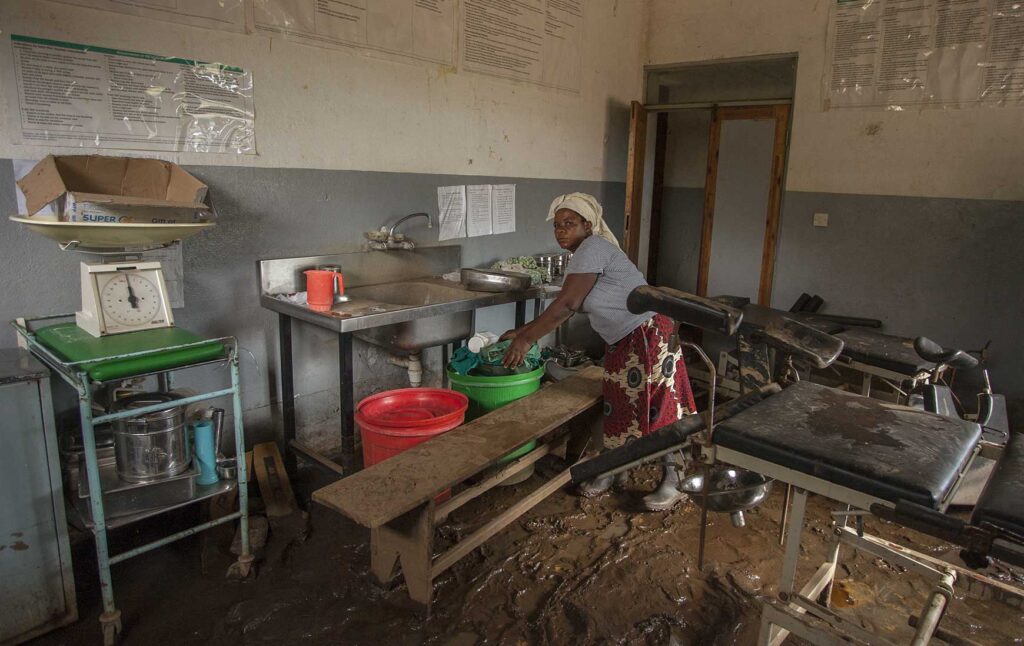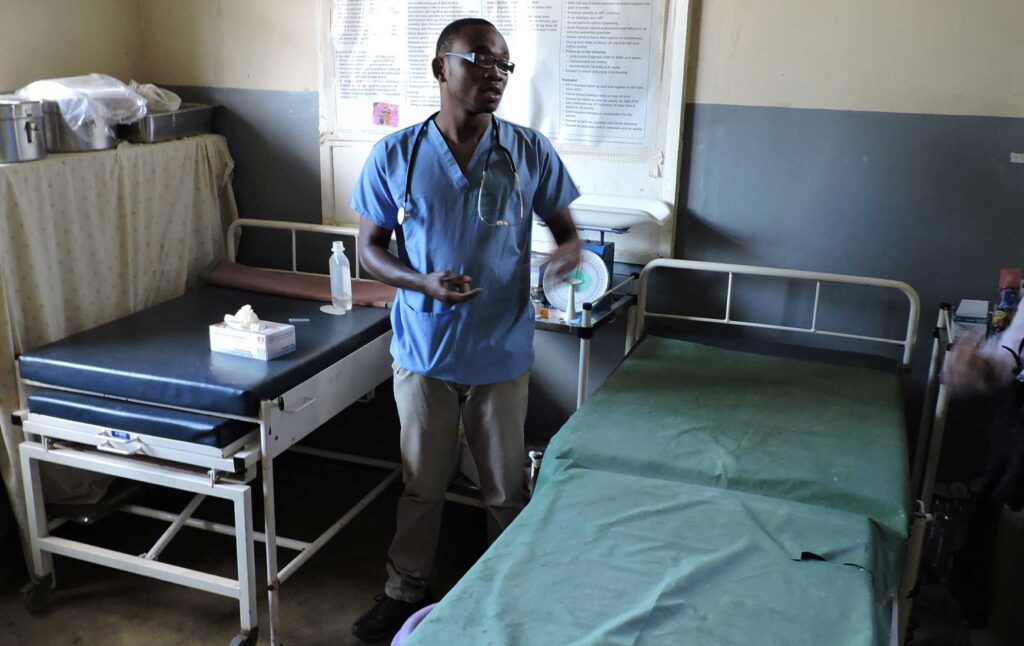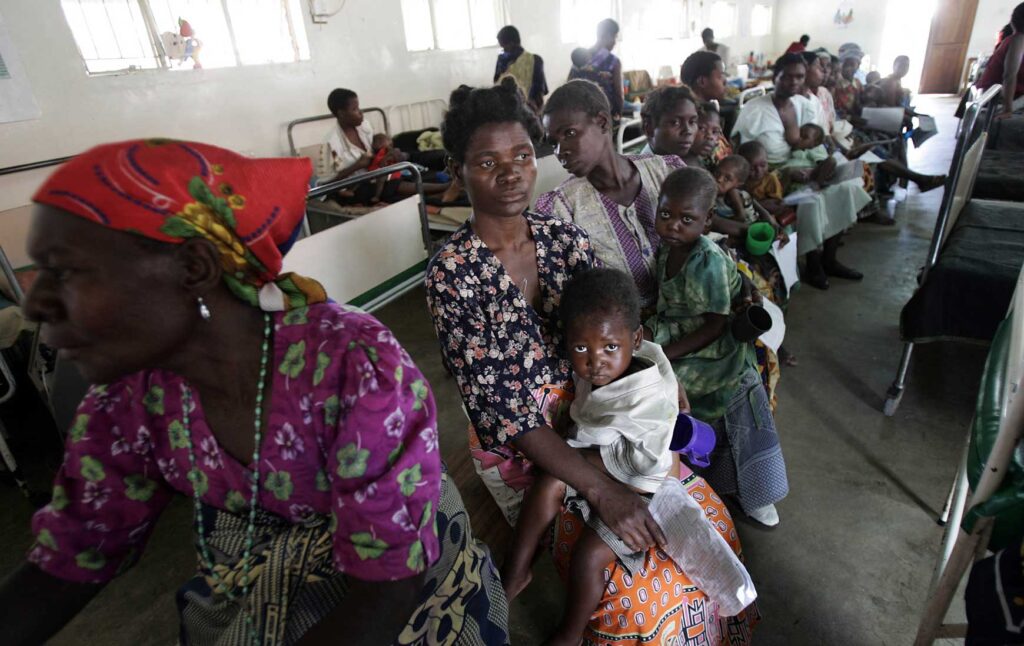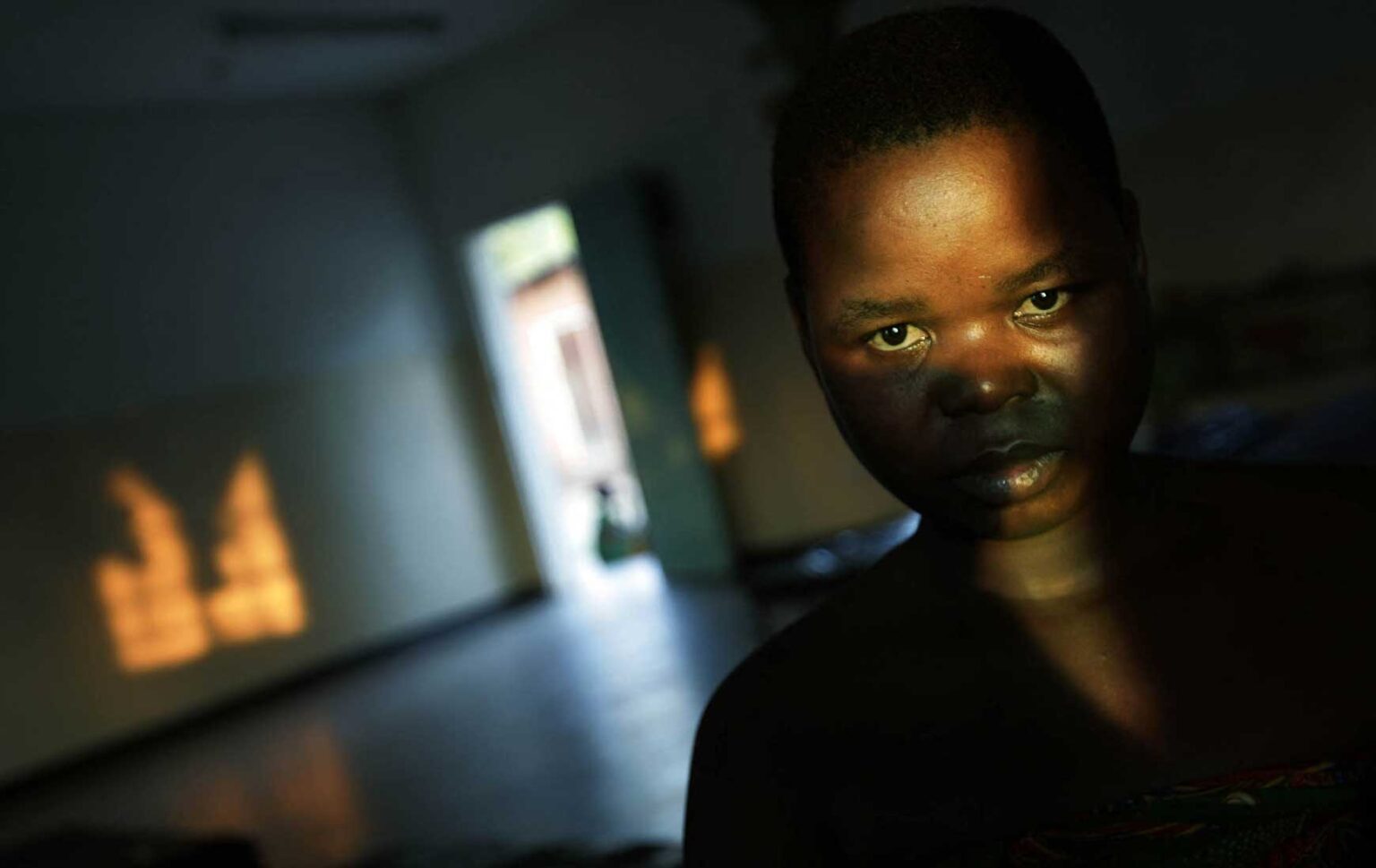In a crowded hospital ward at Queen Elizabeth Central Hospital (QECH) in Blantyre, Malawi’s commercial capital, Rhoda Mumdelanji, a diabetic, lies helplessly on a bed.
She is noticeably uncomfortable interacting with others. Her feet, including her toes, have chronic wounds that smell; the doctors have recommended amputation. Her condition is deteriorating as she waits for her turn in theatre.
“Look …. my bed is infested with maggots from these wounds, yet I’m alive …. The smell is bothering others around me ….”, she tells one of the doctors making ward rounds.
Mumdelanji is fed up. This is the third time she has been admitted for her scheduled procedure. Each time she has been admitted, she’s been hospitalised for days, and even though she is a diabetic, she has had nothing to eat for hours in preparation for the procedure, which has now been cancelled twice with no tangible reason given.
“People came in with less serious surgical issues, had their procedures done, and left us in the ward,” her sister Mwandida tells Africa in Fact. “We went days without a health worker attending to her or updating us on procedure dates. We learned that there was a long theatre waiting list, so we needed to pay ‘something’ to be prioritised.

“Even having my sister’s wounds cleaned was a problem,” she says. “Everyone said they weren’t assigned to do this task, and in the end, no one assisted. This has contributed to her deteriorating state. I didn’t realise what this was all about, us paying kickbacks until a fellow guardian told us she paid K10,000 (about $6). This is something we cannot afford. We are poor people from the village.”
QECH is one of Malawi’s central referral hospitals. All health services at Malawi’s public health facilities, including QECH are free, but the high demand for services has seemingly created an opportunity for some healthcare workers and support staff to solicit bribes.
The corruption at QECH and other public health facilities has led to poor people dying of treatable ailments. Their diagnosis results go “missing” at the laboratory, while at other times patients like Mumdelanji miss crucial operations because they have no money to manipulate the system. Non-payment leads to surgery dates changing until they pay or until they die waiting for their turn.
Ironically, Malawi is one of the countries that has adopted the World Health Organization’s (WHO) Universal Health Coverage (UHC) as one way of ensuring the delivery of quality health services. WHO states that UHC embodies three related objectives, namely, equity in access to health services – everyone who needs services should get them, not only those who can pay for them; the quality of health services should be good enough to improve the health of those receiving services; and people should be protected against financial risk, ensuring that the cost of using services does not put people at risk of financial harm.
A (2021) UHC Coalition report titled ‘Assessment of Availability and Accessibility of Medicines in Malawi’, says the Malawi Ministry of Health (MoH) has domesticated the three objectives in its definition of UHC as a situation where everyone – irrespective of their ability to pay – gets health services in alignment with the Malawi Health Sector Strategic Plan of 2017-22.
Universal access to essential medicines is an integral part of the United Nations Sustainable Development Goal (SDG) for health, which states the need to ensure healthy lives and promote well-being for all. SDG target 3.8 underscores the need to achieve universal health coverage, including financial risk protection, access to quality essential healthcare services, and access to safe, effective, quality, and affordable essential medicines and vaccines for all by 2030.

But as much as Malawi’s government is striving to achieve UHC by providing free health services to citizens at its public health facilities, corruption is disrupting the gains made.
QECH is a target for corrupt public health workers because it sees a high demand for services such as theatres, CT scans, as well as laboratory and X-ray services, among others.
The president of the Physician Associates Union of Malawi, Solomoni Chomba, believes it is the government system itself that is the root cause of corruption in the health sector. Things would be different, he says, if facilities had adequate staff and the resources to meet demands; there would be less incentive for patients and their families to offer bribes to access services, and for health workers to solicit them.
“Currently, the public is desperate,” he told Africa in Fact. “There is a high demand for health services, against few people to serve them.”
Chomba says that in some instances, patients or their relatives even volunteer to pay for doctors’ or clinicians’ free, off-duty time to get treatment.
“Health workers are paid poorly,” he added. “They need good pay and motivation, then the rest will fall into place, but they are neglected. Most Malawian health workers retire poor because their salaries are low and they have no time to earn additional income (outside of their current workloads).”
QECH Hospital Director Dr Kelvin Mponda confirms that the facility does have corrupt health workers on staff, some of whom have faced disciplinary action, “We are currently handling five cases, three of which have been recommended for dismissal,” he said.
Mponda added, however, that the challenge in dealing with corruption within QECH was uncooperative patients, who made complaints but would later not pursue matters, fearing that the staff members concerned would be dismissed.
Long waiting lists due to scarce medical services create a situation that encourages queue jumping. “QECH is the only public health facility that offers CT-Scan in the entire southern region,” Mponda said, “so it usually has long waiting lists. For our own sanity, we have had to put procedures in place that must be followed.”
The hospital director said management was working to try to deal with corruption at the facility, and he also encouraged clients to use the hospital ombudsman services, to report any dissatisfaction with the facility.

QECH has 18 theatres, which Mponda indicated were not enough to meet current demand. The main (general) theatre is the busiest, as several specialists use the facility for emergencies. “Some lists are cancelled to attend to emergencies,” he told Africa in Fact. “And this happens frequently because this is a big hospital. If a list is cancelled for emergencies today, the whole list is disturbed. The diabetic patient (Mumdelanji) you are referring to has likely encountered this scenario. Besides the possibility of corruption, at times these circumstances happen.”
The Principal Secretary at the Ministry of Health (MoH), Dr Samson Mndolo, said the ministry does not tolerate any form of corruption in its facilities, adding that the MoH had established a hospital ombudsman in all public health facilities to ensure that patients’ grievances were addressed and culprits faced appropriate disciplinary measures.
The office of the Ombudsman and the MoH have collaborated to establish a social accountability forum aimed at ensuring the provision of quality services in all health facilities in line with existing democratic principles. Each hospital ombudsman is employed by the MoH and is empowered to investigate, mediate, and provide remedies to complaints lodged by service users, their representatives, and other stakeholders in relation to a hospital’s service.
“The challenge is that people aren’t willing to speak out,” Mndolo said. “Some prefer to vent on social media platforms, which doesn’t change a thing. The public needs to lodge complaints with us because corruption can’t be fought by the government alone; we need a joint effort. This is my plea.”
Social accountability expert Wales Chigwenembe told Africa in Fact that corruption was endemic in Malawi partly because oversight institutions have been crippled and citizens do not appreciate the role they have to play in curbing or preventing corruption.
“Corruption in health and other sectors seems rampant because the public has not played its role of monitoring and holding duty-bearers to account,” he said. “If citizens were monitoring the systems, corruption could be prevented because the systems would be kept in check.
“Civil society organisations do support oversight institutions, but it’s not enough. The oversight institutions remain weak and underfunded to perform their oversight duties.”
Malawi’s health sector corruption is just one part of a rotten system whose worst losers are the poor and vulnerable, and with weak oversight institutions, the country will continue to struggle with high levels of corruption.

Josephine Chinele is multi-award-winning international journalist. She has worked as a news, features and investigative journalist for newspapers, radio and television platforms in Malawi, Tanzania and South Africa. Josephine has also been awarded several prestigious journalism fellowships in the area of HIV and AIDS, health and human rights among others. She is also a biomedical HIV prevention advocate.



